What Is Residual Value & How to Calculate It?
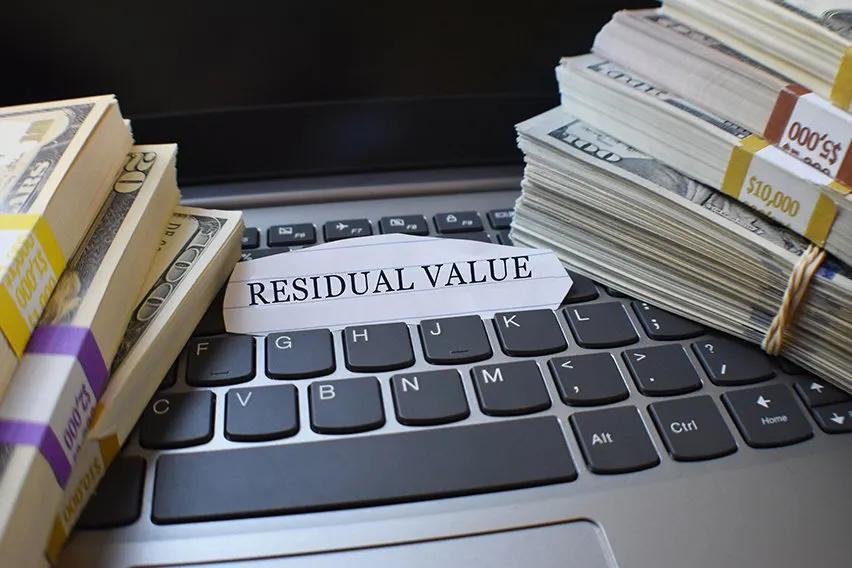
Do you want to know how much your equipment is worth? Calculating the residual value of an asset can help companies determine the amount they should be charging for it. This will help them avoid overcharging or undercharging. This could lead to negative consequences down the line. If you’re looking for a way to calculate this value, keep reading!
This article will discuss residual value and what it means. You’ll also learn why it’s important and more.
Here’s What We’ll Cover:
How to Calculate Residual Value
Who Determines Residual Value?
Why Residual Value is Important
What Is Residual Value?
Residual value is the projected future value of an asset after your lease terms have ended. This means it can be calculated by estimating what your equipment will sell for at the end of a leasing period, after all monthly payments have been made.
Residual value is often decided according to an independent source. This is because it’s hard to predict what will happen in the future. Assets lose value over time because they become outdated or obsolete.

How to Calculate Residual Value
There are several ways to determine residual value for your asset at the end of a lease period.
One way is to look at what current models of the asset are selling for. If you sold your equipment, how much would it fetch?
Many companies take this figure and subtract a percentage from it. This percentage will typically be determined by the leasing company. It will likely include depreciation and an allowance for routine wear and tear. This will give you the residual value for your equipment at the end of a leasing period.
You can also subtract your monthly lease payments from the fair market value of the asset.
Why is Residual Value Deducted?
Residual value is deducted because it’s an estimate of what your equipment could be worth at the end of your lease agreement. This helps leasing companies determine if they should charge you that amount or not.
How Does Residual Value Affect Depreciation?
Many companies use depreciation for tax purposes. This is when they can deduct the value of an asset from their taxes each year, regardless of whether it’s sold or still in use.
If your equipment has a high residual value at the end of its lease period, leasing may be more attractive than buying it outright. Your purchase price can affect how much you deduct from your taxes each year.
Who Determines Residual Value?
Typically the leasing company will determine the residual value of your equipment. With that said, you can also negotiate it. You can take what you believe to be a fair retail price and attempt to meet somewhere in the middle with the leasing company.
Negotiating Residual Value
Residual value should always be negotiated before signing a contract. If it’s not, there might be room to negotiate when it comes time to renew your lease contract or turn in your equipment.
Failing to negotiate can lead to financial problems down the line. If you’re looking for tips on negotiating, here are a few of our favourites:
- Don’t accept the initial proposed value. It usually reflects the standard calculation of depreciation. Chances are that your equipment’s residual value will be more than what they initially offer.
- Do some research. Find out what equipment like yours is selling for right now. Use this information to negotiate a better residual value.
- Don’t give up. Sometimes negotiations can take weeks or even months. It will be worth it in the end if you get a better deal!

Why Residual Value is Important
Residual value is important because it helps determine the initial price of assets. For business owners, it could mean the difference between making or losing money.
Negotiating residual value can also protect your business from financial problems down the line. If you do not negotiate, you run the risk of overpaying for equipment that will no longer be useful to you!
It also provides an additional source of income for leasing companies. This can become quite substantial over time. Keeping this in mind may help you get a better deal when negotiating the residual value for your equipment.
Key Takeaways
Residual value is the projected future value of an asset after a lease has ended. This means that it can be calculated by estimating what your equipment will sell for at the end of a leasing period, once its usefulness has been exhausted.
Residual values are often decided according to independent sources because it’s hard to predict what will happen in the future. Residual Value should always be negotiated before signing a contract. Failing to negotiate could lead to financial problems in the future! Hopefully this article gives you a better understanding of residual value.
If you’re looking for more information like this, head over to our resource hub! We have plenty of articles just like this, ready for you to read.
RELATED ARTICLES

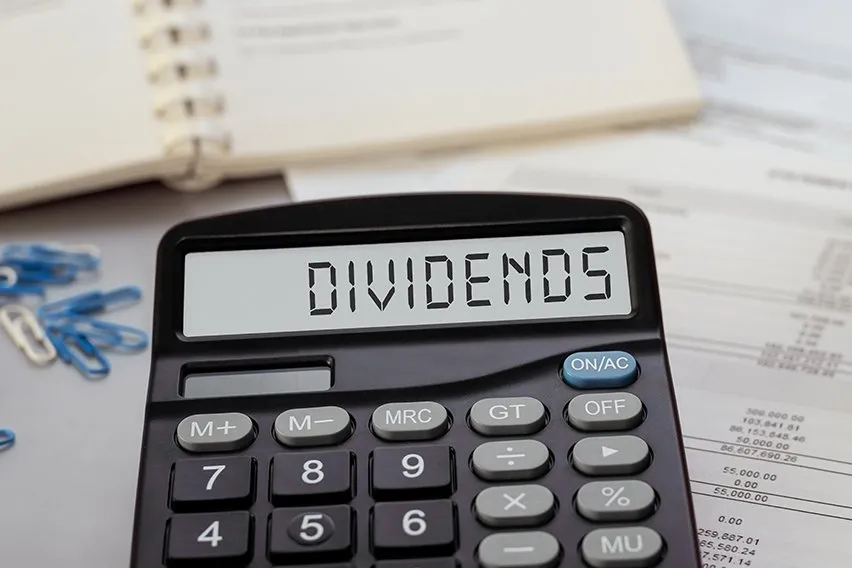 What Are Franked Dividends & How Does It Work?
What Are Franked Dividends & How Does It Work?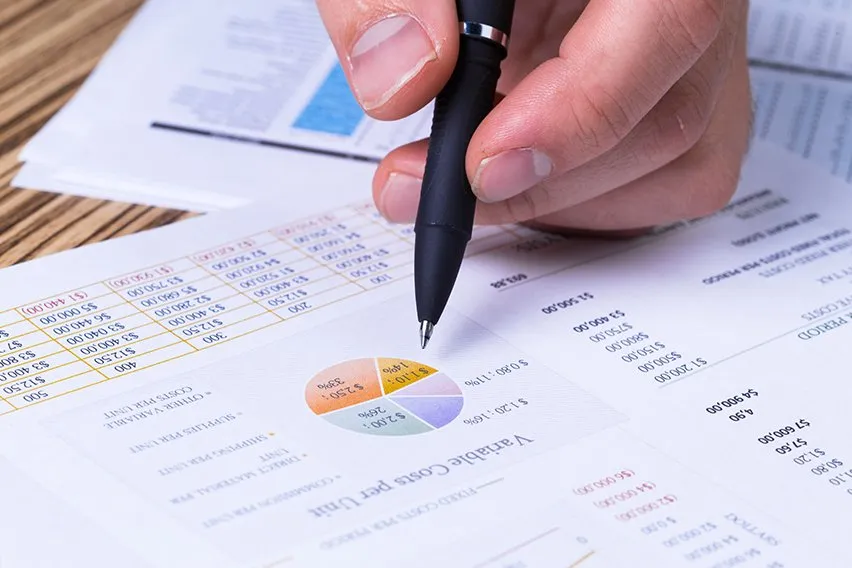 The Complete Guide to Ceteris Paribus
The Complete Guide to Ceteris Paribus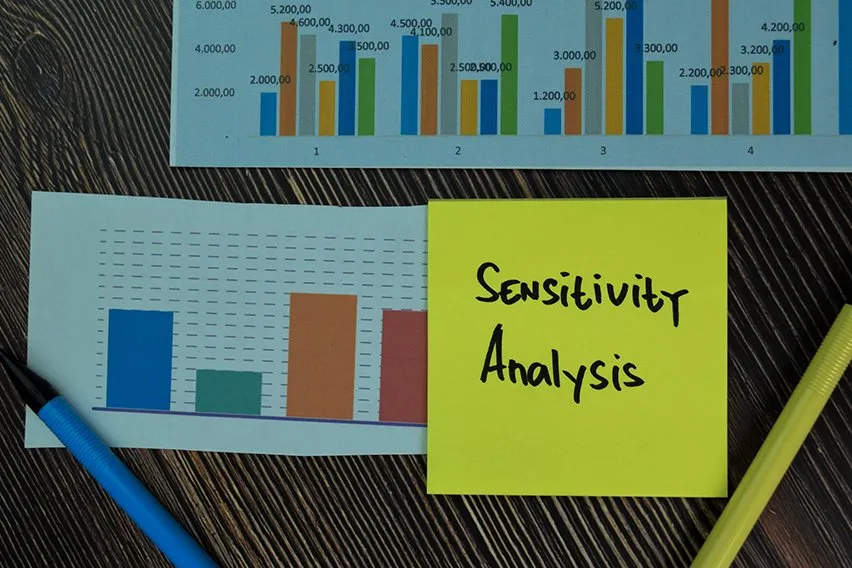 An Overview of Sensitivity Analysis
An Overview of Sensitivity Analysis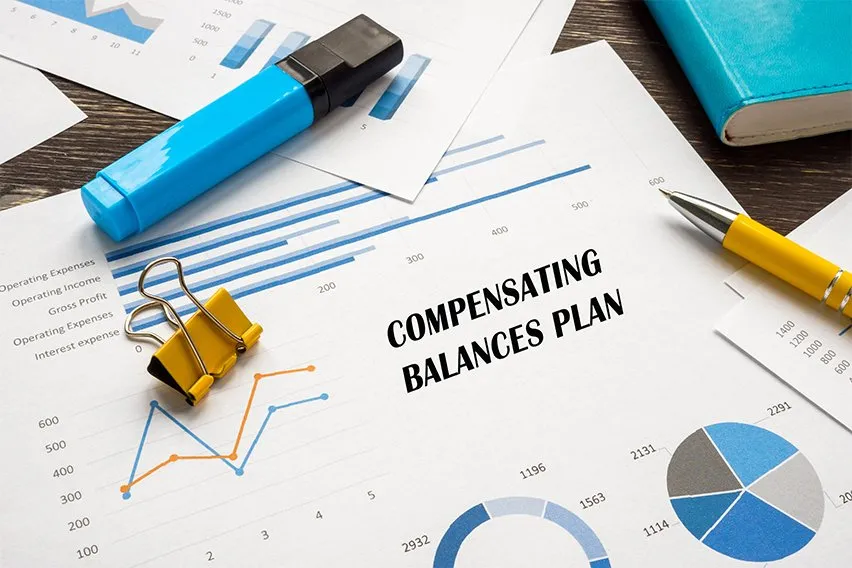 What Is Compensating Balance? Definition & Example
What Is Compensating Balance? Definition & Example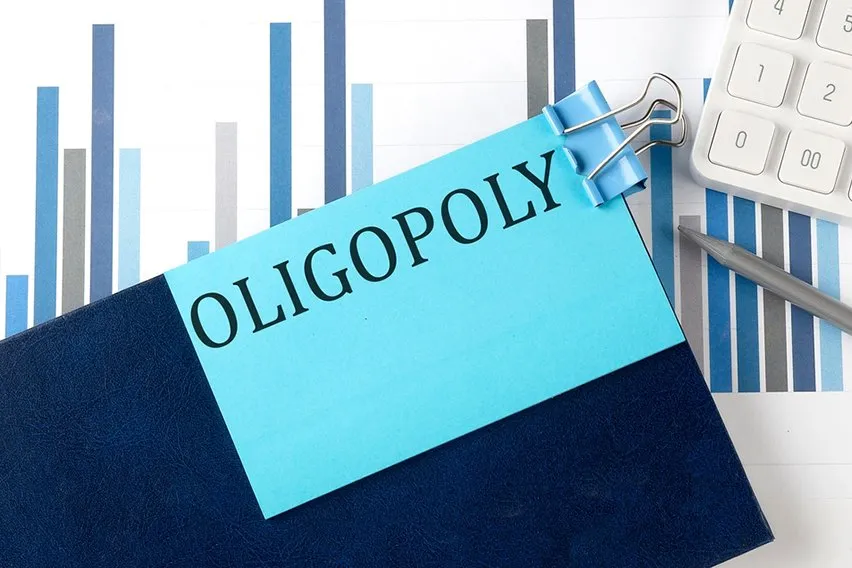 What Is an Oligopoly? Definition, Characteristics & Examples
What Is an Oligopoly? Definition, Characteristics & Examples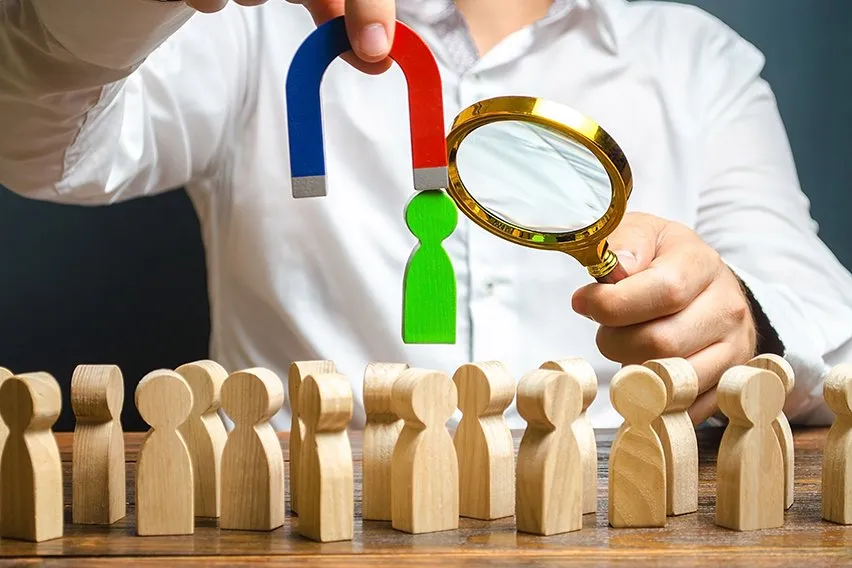 What Is Demand-Pull Inflation? Definition & Examples
What Is Demand-Pull Inflation? Definition & Examples